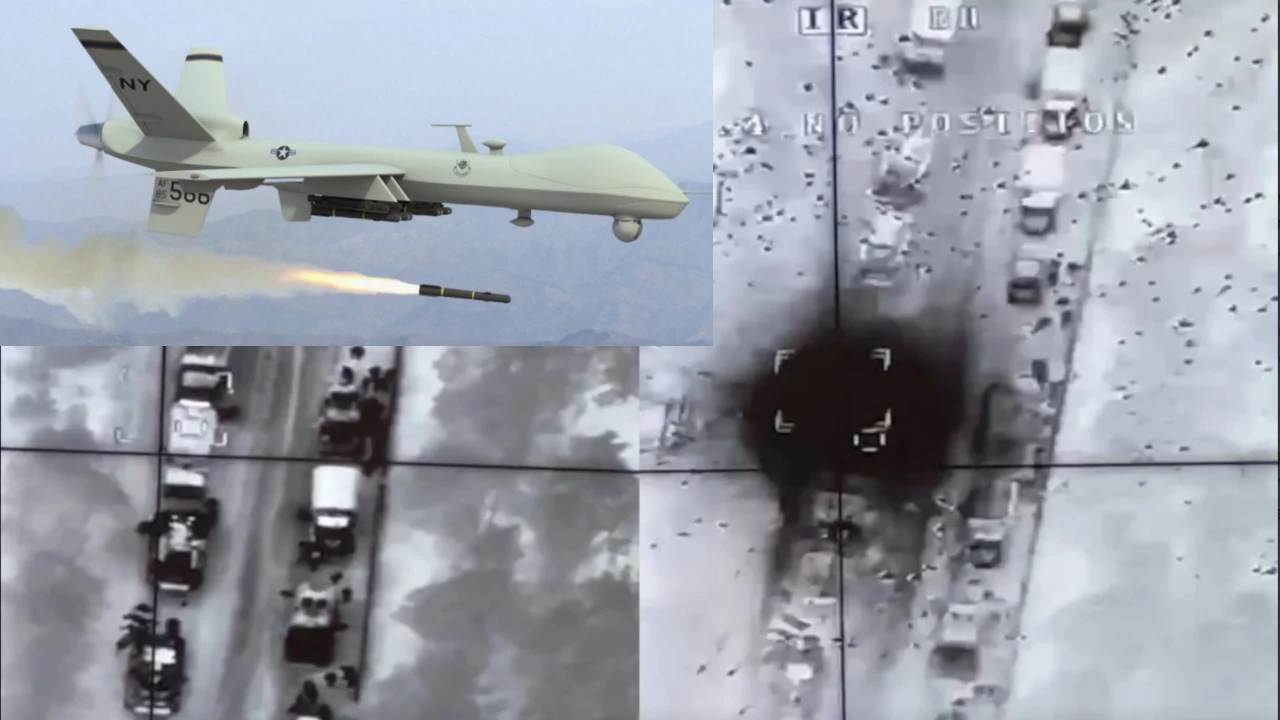On March 12, Lebanon’s Iran-backed Hezbollah group announced it had fired over 100 rockets at Israeli military positions in the Golan Heights. This forceful response was in retaliation for a previous Israeli strike near Baalbek that resulted in one casualty. Over time, the exchanges between Hezbollah and Israel have grown more frequent since the outbreak of the war in Gaza in October, heightening the risk of a larger conflict emerging.
In a retaliatory move, the Israeli military acknowledged that its jets targeted ‘Hezbollah’s aerial forces’ after facing several strikes on the Golan Heights. This skirmish adds to an ongoing series of confrontations, including a February 26 strike on Baalbek that killed two Hezbollah members. Amid these escalating tensions, discussions between Hezbollah leader Hassan Nasrallah and Hamas political bureau member Khalil al-Hayya took place, centering on ceasefire negotiations for the Gaza war and the ongoing regional support for Hamas’s war against Israel.
Adding to the turmoil, at least 317 fatalities, predominantly Hezbollah combatants and 54 civilians, have occurred in Lebanon due to the conflict since October. Israel, meanwhile, has lost at least 10 soldiers and seven civilians. The latest Israeli attack struck a home in Deir al-Balah, killing 11. Amidst the conflict, efforts to provide aid to Gaza proceed, as encapsulated by a recent shipment of 200 tonnes of food from Cyprus and a critique of U.S. humanitarian airdrops from Iran as being ineffective and merely symbolic. Australian FM Penny Wong’s concurrence with the U.S. President’s critique of Netanyahu and Qatar’s ongoing but challenging ceasefire negotiations also mirror the complex mosaic of international responses to the crisis. The European Union has called for an immediate pause in hostilities to pave the way for a lasting ceasefire, showing the global community’s concern over the unrelenting violence.
